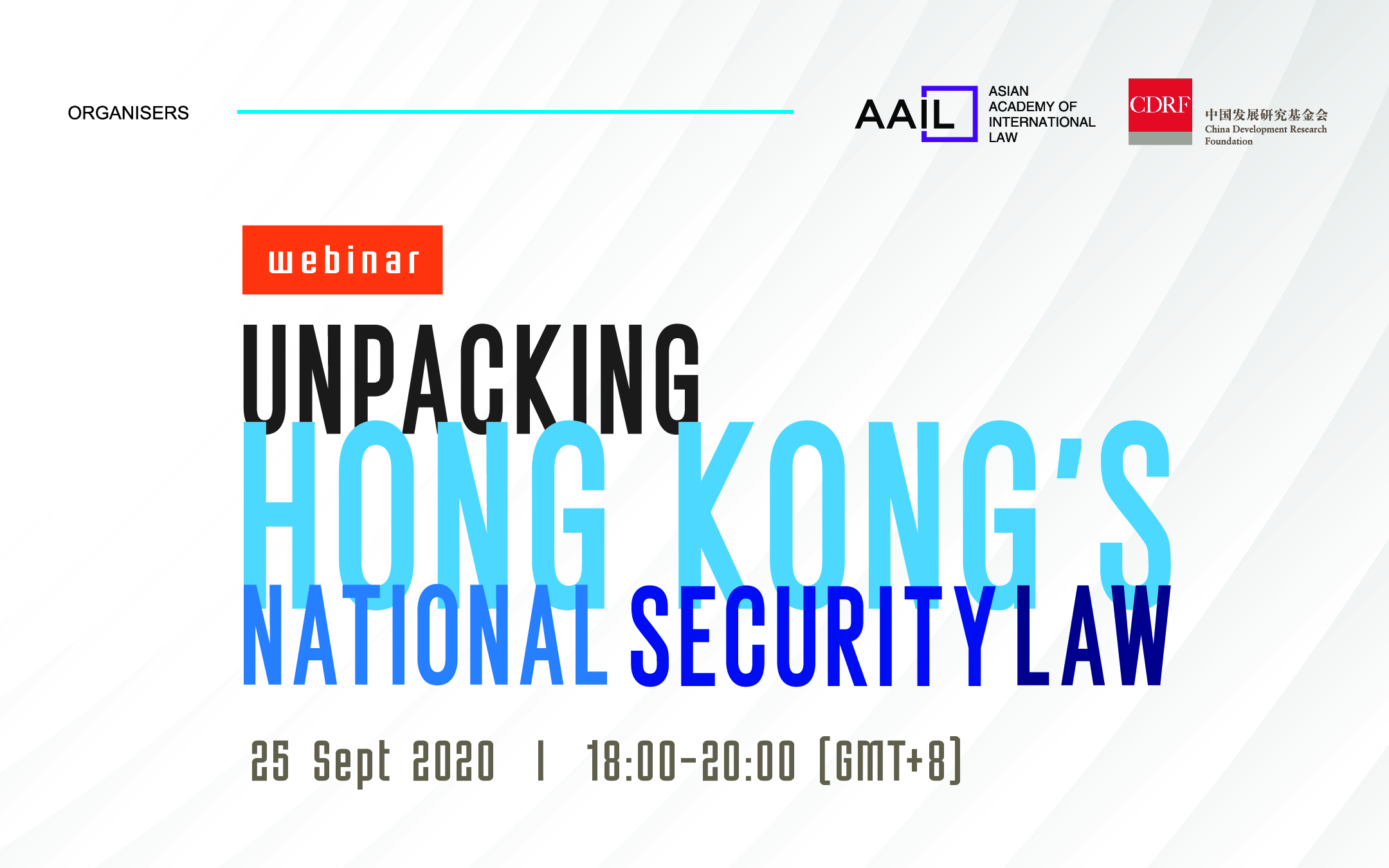WEBINAR
Unpacking
Hong Kong's
National Security Law
Organisers:
Asian Academy of International Law
China Development Research Foundation
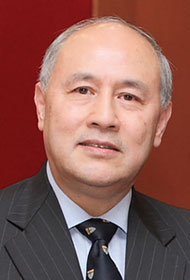
MODERATOR
Dr Anthony Francis NEOH QC SC
Chairman, Asian Academy of International Law
Dr Neoh is a senior member of the Hong Kong Bar specialising in international litigation, arbitration and financial regulatory matters. From 1991 to 1994, he was a member of the Hong Kong Stock Exchange Council and its Listing Committee, and chaired its Disciplinary Committee and Debt Securities Group, and was Co-Chairman of the Legal Committee of the Hong Kong and China Listing Working Group. From 1999 to 2004, he was Chief Advisor of the China Securities Regulatory Commission, at the personal invitation of former Premier Zhu Rongji.
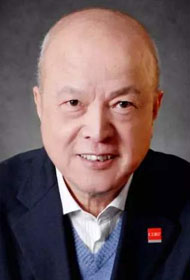
WELCOME SPEECH
Mr LU Mai
Vice Chairman, China Development Research Foundation
With extensive experience in rural reform in China, Mr Lu Mai led the China Development Research Foundation since 1998. He was the coordinator of the China Human Development Report 2005, which won widespread acclaim and received the United Nations Development Programme’s 2007 Human Development Award for Excellence in Policy Analysis and Influence. From 2002 to 2004, He was the only Chinese national in the World Commission on Social Dimension of Globalization established by the International Labour Organization.
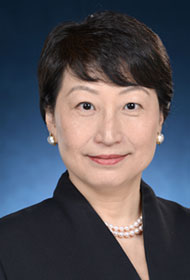
PANELLIST
Ms Teresa CHENG GBS SC JP
Secretary for Justice, Hong Kong SAR
Ms Cheng, SC, was a Senior Counsel in private practice before joining the Government. She is also a chartered engineer, chartered arbitrator and accredited mediator. Apart from being a Past Chairperson of the Hong Kong International Arbitration Centre, she is also a Past Vice President of the International Council of Commercial Arbitration and Past Vice President of the ICC International Court of Arbitration.
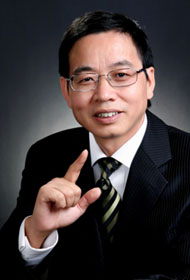
PANELLIST
Professor CHEN Duanhong
Professor, Law School, Peking University
Professor Chen earned his LL.M. from the China University of Political Science and Law, J.D. from the China Academy of Social Sciences and did his post-doctoral study at the University of London. He is one of China’s leading scholars in the fields of administrative law and constitutional law.
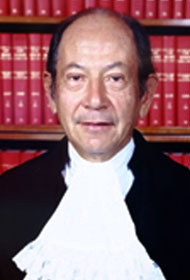
PANELLIST
Mr Justice Henry Denis LITTON GBM JP
Former Permanent Judge, The Court of Final Appeal, Hong Kong SAR
Mr Justice Litton became a Permanent Judge of the Court of Final Appeal from 1997 to 2000 and a Non-Permanent Judge of the Court of Final Appeal in 2000 and he was appointed an Honorary Bencher of Gray’s Inn in 1999. The learned Judge was awarded the Grand Bauhinia Medal in 2000 and appointed Honorary Professor in the Faculty of Law at The University of Hong Kong in 2014.

PANELLIST
Mr Martin ROGERS
Partner, Davis Polk
Mr Rogers is a partner in Davis Polk’s Litigation Department, based in Hong Kong. He is regarded as one of Asia’s leading litigation and financial services regulatory lawyers, with nearly 30 years’ experience in Asia. His practice includes complex litigation, dispute resolution, regulatory, white collar crime and fintech/regtech matters, with extensive experience advising leading corporates, the financial services industry and government bodies.
Jointly organised by the Asian Academy of International Law and the China Development Research Foundation, the webinar under the theme of ‘Unpacking Hong Kong’s National Security Law’ received very enthusiastic responses – ca. 400 registered participants coming from different sectors and 21 regions, including America, Australia, Europe, and South East Asia. The webinar was honoured with the presence of a panel of highly esteemed speakers and moderators who examined The Law of the People’s Republic of China on Safeguarding National Security in the Hong Kong SAR (HKNSL) from different legal perspectives.
The welcoming speeches were delivered by Dr Anthony Francis Neoh and Mr Lu Mai who joined the webinar from Beijing.
The first presentation was delivered by Ms Teresa Cheng, SC, who addressed the HKNSL from the perspective of Hong Kong’s legal system. Other than emphasising the need for safeguarding national security which forms the cornerstone of social stability and development, she described the enactment of the HKNSL as not only constitutional and legitimate but also reasonable. Ms Cheng also went through the provisions and related issues, explaining how HKNSL reassures, instead of undermines, judicial independence.
Following from that, Professor Chen Duanhong deliberated on the constitutional significance and legal status of the HKNSL. As a piece of legislation that is below the Constitution and the Basic Law but prevails over Hong Kong local laws, he argued that it materialised the constitutional identity of the Hong Kong SAR as an integral part of China in several ways, including identifying the components of the State to be safeguarded, stipulating the duty-bearers and their respective duties.
Then, Mr Justice Henry Denis Litton gave an overview from the perspective of the Basic Law and examined the need for the HKNSL. From the time of the Handover in 1997 to the complex local and global circumstances more recently, he highlighted the need to deal with national security matters. He pointed out that the HKNSL served to reinforce fairness in criminal proceedings, consolidate the principle of Hong Kong people governing Hong Kong, and strengthen the application of ‘One Country, Two Systems’ in Hong Kong with the common law as the governing system.
Finally, Mr Martin Rogers offered a comparative review of the HKNSL against the national security laws of the US and UK. After giving an overview of the HKNSL, he brought to the fore certain new government bodies and initiatives as well as related enforcement and liability issues. To conclude, Mr Rogers compared the respective provisions of the US and UK under the categories of secession, subversion, terrorist activities and foreign collusion.
What attendees say
• Most information was new to me and it helped me understand another point of view on the subject matter.
• The comparison of HKNSL articles with overseas systems of national security was very insightful.
• It was very educational and informative.
• The webinar has surely deepened my knowledge of this subject.
• It depicted a very detailed picture of the HKNSL
